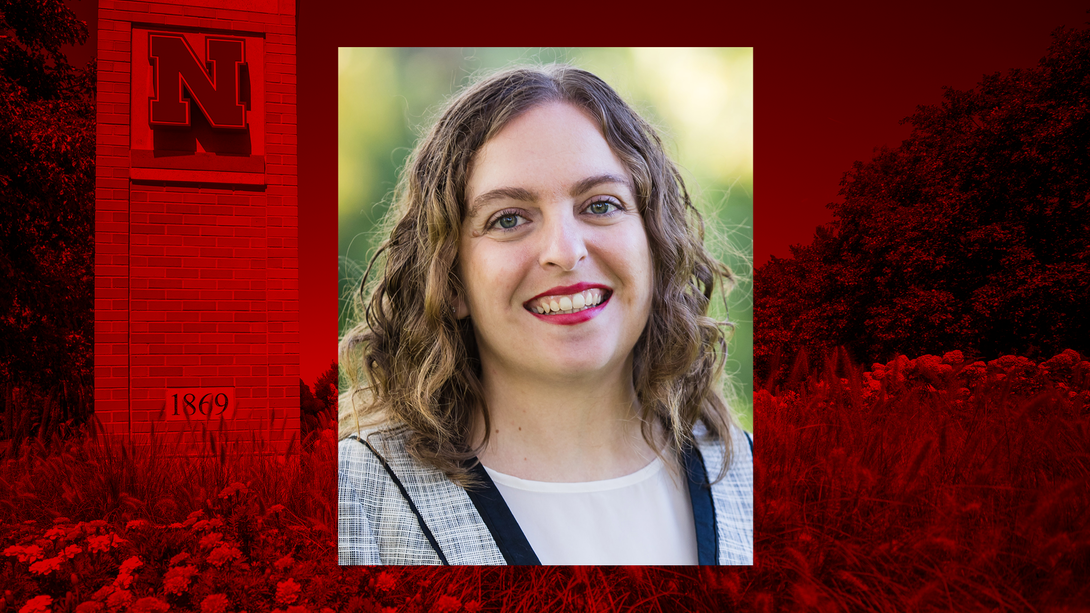
Lincoln, Neb. —Katherine Frels joined the Department of Agronomy and Horticulture March 1 as an assistant professor and to head the small grains breeding and genetics program. She has a 75% research and 25% teaching appointment.
Frels is currently working on a project to increase genetic resistance to wheat stem sawfly while maintaining high yield in Nebraska wheat. She and her research team will be testing high-throughput phenotyping methods to see if it helps them select resistant wheat lines more efficiently and investigate non-solid stem types of resistance such as non-preference.
Frels said she became a public plant breeder to consider short (key traits with economic importance) and long-term (reducing negative impacts on the environment) goals.
“In the Nebraska small grains program, I can work on winter annual grain crops that protect our soil and water and also create value-added traits that make our wheat better for baking and eating,” Frels said. “I’m excited by all of the new faculty and researchers in the department and the chance to develop improved small grains varieties for Nebraska farmers through new collaborations.”
Frels is originally from Guthrie Center, Iowa, where she grew up in the country, living on a hill about a mile from town. Every morning when she woke, she could see the little town surrounded by fields of corn, soybean and pastures.
“I always loved my science classes, especially biology in high school, but I knew that I didn’t want to work with animals,” Frels said. “My parents are both veterinarians, so I grew up working in their clinic and decided that I didn’t want to work with moving, biting things with lots of bodily fluids!”
She took a high school biotechnology class, realized that crops required just as much science to develop the varieties as veterinary medicine did. Since that time, her career goal has been to develop improved crops for people like the farmers in her hometown.
She earned a Bachelor of Science in agronomy and plant breeding from Iowa State University in 2011. She received a doctorate in agronomy specializing in plant breeding and genetics from the University of Nebraska–Lincoln in 2015.
Before coming back to Nebraska, Frels was a research assistant professor at the University of Minnesota where she developed breeding programs for winter annual oilseeds like camelina and pennycress. Like those crops, her goal for winter small grains is to develop high yielding, excellent quality, winter annual crops that provide sustainable solutions to cropping systems, soil health and producer profitability.
Frels said it feels good to be back ‘home’ in Nebraska working with old and new friends and colleagues. She and her husband Brian Joyce are enjoying the city of Lincoln. The two love to cook and try new foods together. They’ve even had competitions at Thanksgiving to see who makes the best turkey. “I think his smoked turkey usually wins crowd favorite, but at least all my side dishes make up for it,” she said.







